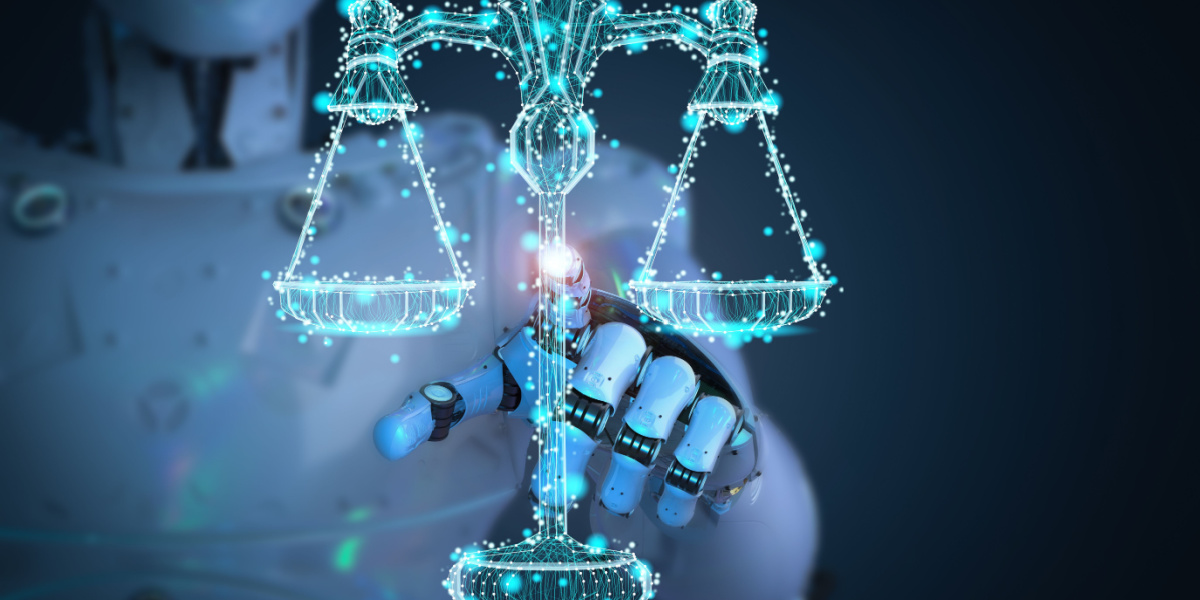The evolving AI landscape presents both challenges and opportunities for the legal industry. While AI undoubtedly offers efficiency and accuracy, it’s imperative to recognise that the essence of legal practice extends beyond automation. The legal profession’s capacity for human connection, strategic insight, and holistic understanding remains unparalleled. InfoTrack’s approach showcases the harmonious collaboration between AI and human expertise, demonstrating how these two forces can come together to reshape the legal industry’s future.





